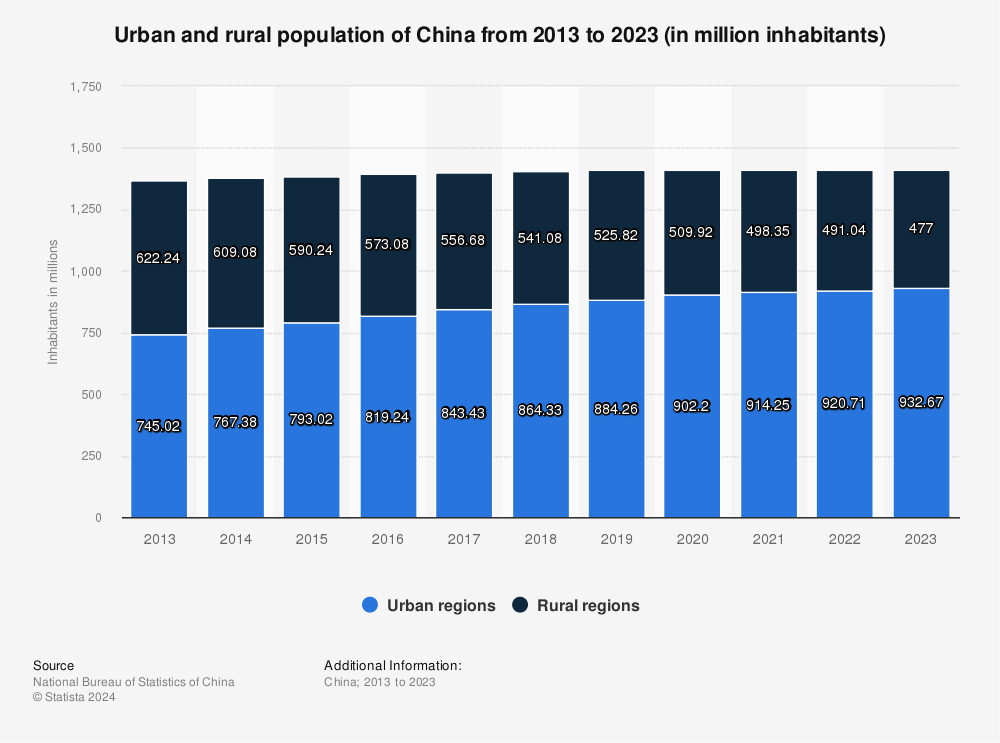What party leaders say and what they actually think are not always the same, in fact they very often are not.For the people who believes that the CPC doesn't care about the stock market and is okay with this rout of the HSI and CSI300:
会议强调,要进一步健全完善资本市场基础制度,更加注重投融资动态平衡,大力提升上市公司质量和投资价值,加大中长期资金入市力度,增强市场内在稳定性。要加强资本市场监管,对违法违规行为“零容忍”,打造规范透明的市场环境。要采取更加有力有效措施,着力稳市场、稳信心。要增强宏观政策取向一致性,加强政策工具创新和协调配合,巩固和增强经济回升向好态势,促进资本市场平稳健康发展。
View attachment 124278
(using google translate)
The central government has given out statement after statement about its desire for stability in the real estate market, and yet has done nothing to increase the ability of developers to roll over their massive debt piles despite having more than enough capability to do so.
Of course the premier is going to claim a desire for stability in valuations, but whether he actually means that should be measured by what MOF and the PBOC do about it. If they do nothing, then chances are he doesn't.

